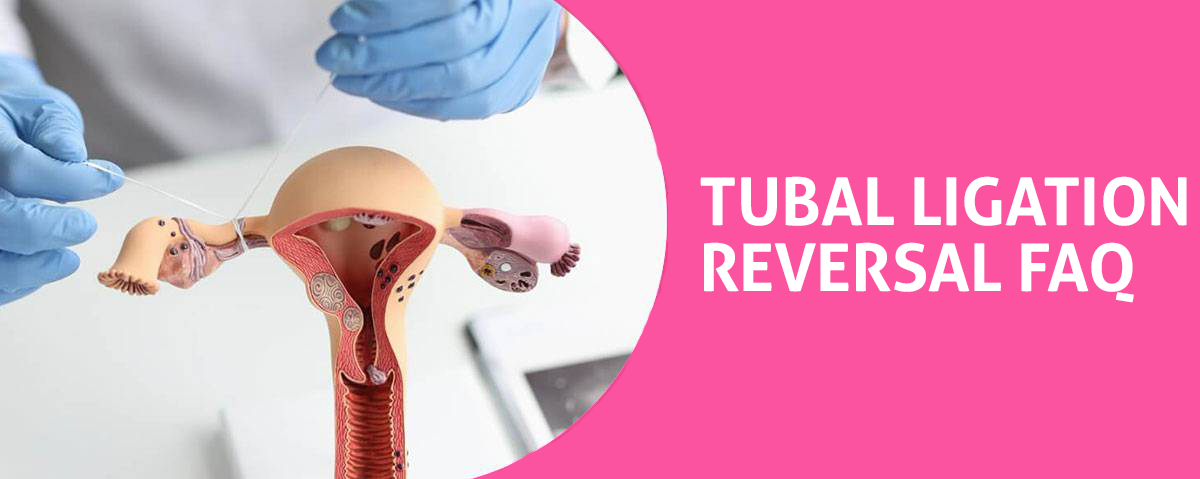How Common Is Tubal Ligation Failure?
You might think tubal ligation is foolproof, but it’s not always the case. Even after your tubes are ‘tied’, there’s a slim chance you could still become pregnant. Understanding the causes and rates of tubal ligation failure is important. This article will shed light on the complexities of this procedure, its effectiveness, and the potential consequences of a failure. It’s time to get informed and take control of your health decisions.
Tubal Ligation Failure Rates
Despite its high effectiveness, you should be aware that tubal ligation isn’t fail-proof, with a small percentage of women experiencing what’s known as ‘tubal ligation failure’. The failure rates vary, but generally, they’re less than 1%. This means that out of every 1000 women who undergo the procedure, fewer than 10 will experience a failure. It’s crucial to recognize failure symptoms early, including unusual abdominal pain or a missed period, and seek medical attention immediately. Prevention strategies are mostly about ensuring the procedure is performed correctly and thoroughly. Nevertheless, no method is 100% secure, so it’s important to consider all factors and discuss potential risks with your healthcare provider before deciding on tubal ligation.
Causes of Tubal Ligation Failure
In your journey to understand tubal ligation failure, it’s essential to explore its primary causes, which can range from surgical errors to biological factors. Surgical errors refer to mistakes made during the procedure. They could involve incorrect placement of the clips, rings, or other devices used to block your tubes, leading to a failure diagnosis.
Biological factors, on the other hand, include the spontaneous regeneration or reconnection of your fallopian tubes post-surgery. This is a natural phenomenon, albeit rare, and does not result from any surgical errors. Other factors, such as age, also come into play, as younger women are more likely to experience tubal ligation failure. Understanding these causes will help you better navigate your options and potential risks.
Consequences of Procedure Failure
Following a tubal ligation failure, you’re likely to face a few potential consequences, some of which can significantly impact your life. You may experience unexpected pregnancies, which can often lead to ectopic pregnancies—a serious medical condition requiring immediate complication management. This situation can lead to severe health risks, including potential life-threatening complications, if not addressed promptly.
Moreover, the emotional impact of such an event can’t be underestimated. You may deal with feelings of shock, fear, and disappointment, particularly if you were not planning for more children. This emotional turmoil can strain relationships and lead to mental health issues such as stress or depression. Therefore, it’s crucial to seek professional help and support to navigate this challenging time.
Other Popular Questions About Tubal Ligation Reversal:
How Dangerous Is Tubal Ligation?
How Common Is Weight Gain After Tubal Ligation?
How Common Is Tubal Ligation Failure?
How Common Is Regret After Tubal Ligation?
How Common Is Recanalization After Tubal Ligation?
How Common Is It to Get Pregnant 7 Years After a Tubal Ligation?
How Can You Tell if Your Tubal Ligation Failed?
How Can You Still Have Periods After Tubal Ligation Anatomy?
How Can You Have a Period After Tubal Ligation?
How Can I Tell What Type of Tubal Ligation I Had?
How Can I Reverse Tubal Ligation?
How Can I Prevent Early Menopause After Tubal Ligation?
By using this webiste you agree to Terms and Conditions
